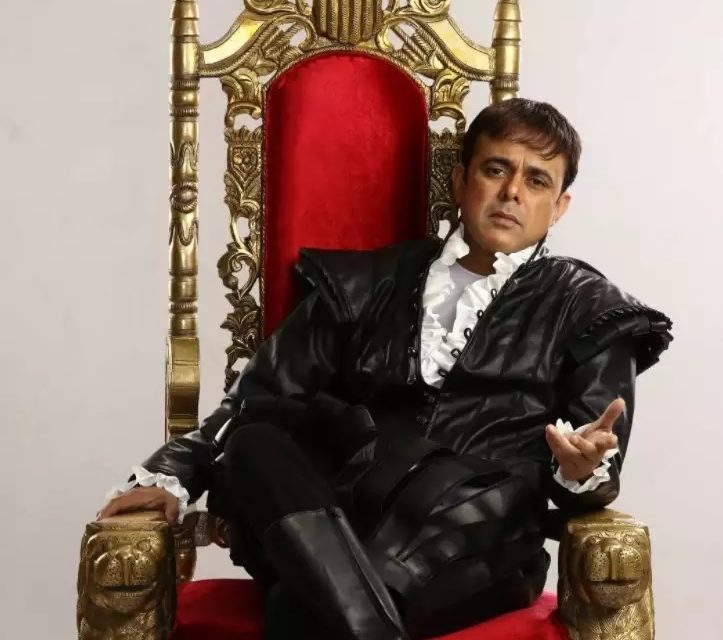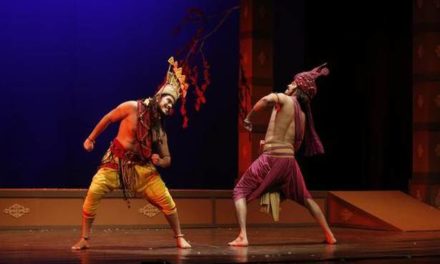The Bard’s tale on the machinations of Denmark’s royal family remains his most influential plays translated into Marathi says Vikram Phukan.
In his authoritative tome, The Indian Theatre (1970), R.K. Yajnik states that, “No Shakespearean play, most faithfully rendered, has ever evoked such unbounded enthusiasm and admiration in India as the Marathi Hamlet.”
Several writers have translated the tragedy, the longest and perhaps the most influential of Shakespeare’s plays, into Marathi.
Several translations Indianised the characters while retaining the title of the play (for instance, Nana Yog’s abridged adaptation of 1959). Gopal Ganesh Agarkar’s Vikaravilasita, which opened in 1883, featured the legendary thespian, Ganapat Rao Joshi, as Hamlet (called Chandra Sen in this version). It ran into five editions, the last being in 1956 (although Joshi himself passed away in 1922). More recently, Parshuram Deshpande’s translation was staged by Madhav Vaze in 2013. The five-act play was edited down to just two acts in Vaze’s production, a feat that took Deshpande more than a year to achieve. Last year, director Mandar Bhanage successfully crowdsourced funds for a state-wide tour of his adaptation of Deshpande’s Hamlet with his troupe from Kolhapur.
Now, prolific stage auteur Chandrakant Kulkarni has opened a new production of Hamlet, which marks the television channel Zee Marathi’s first foray into the world of commercial Marathi theatre. Over the last few years, Kulkarni has ambitiously helmed all three plays belonging to Mahesh Elkunchwar’s The Wada Trilogy, and they have been successfully staged across Maharashtra, both separately and together (in day-long marathon stagings). Therefore it comes as no surprise that his latest project is also another vaunted classic, that has seen thousands of iterations the world over, but nevertheless still remains a challenging text to recreate and master.
Fresh ambitions
Kulkarni’s version does not translocate the play to India unlike, say Agarkar’s version, in which Denmark had become the fictionalized Indian province of Balabhadra. The new production is still set in the Nordic kingdom, and the glossy costumes are decidedly European, although the high-flown Marathi the actors might utter would require a quick suspension of disbelief. Television actor Sumeet Raghavan, a popular marquee name in his own right, plays Hamlet, who is called upon by the ghost of his father to wreak vengeance on his diabolical uncle Claudius (Tushar Dalvi), who has married his mother, Gertrude (Mugdha Godbole), one of the many great conflicted female characters in Shakespeare’s oeuvre.
Thanks to Vishal Bharadwaj’s cinematic adaptation in Hindustani, Haider, the narrative is much more well-known now among regular audiences, who discover literature through the visual medium. Kulkarni’s version will pepper the gravitas and foreboding of the original with occasional comic punchlines in Marathi, aiming to hold the audiences’ attention throughout while drawing them into a rich and textured if melodramatic tale of betrayal and redemption.
This article originally appeared in The Hindu on May 10, 2018, and has been reposted with permission.
This post was written by the author in their personal capacity.The opinions expressed in this article are the author’s own and do not reflect the view of The Theatre Times, their staff or collaborators.
This post was written by Vikram Phukan.
The views expressed here belong to the author and do not necessarily reflect our views and opinions.


















